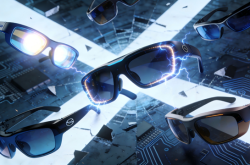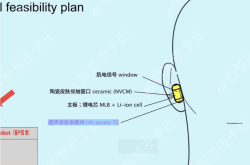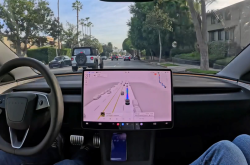Review of the Most Disappointing Automakers in 2024: Several Fall By the Wayside
![]() 01/13 2025
01/13 2025
![]() 467
467
In 2024, competition in China's automobile market reached new heights, with major automakers engaged in intense "price wars, marketing wars, and technology wars." Funds flowed incessantly into this battlefield, yet amidst the fierce competition, some automakers struggled to break through sales barriers and incurred significant losses, ultimately facing elimination by the market.
The cruelty of China's auto market is evident: the weak are inevitably devoured by the strong. In this article, Auto Door Network takes a closer look at the most disappointing automakers of 2024. G-Motion, whose capital chain snapped, was disbanded on the spot. Since December 2024, G-Motion has been plagued by a deluge of negative news, including layoffs, on-the-spot disbandment, supplier arrears, cessation of employee social security contributions, and chaotic internal management. In response, G-Motion issued an official "Statement on Recent Situations," acknowledging operational difficulties and ongoing adjustments. Various indicators suggest that this once golden child is now facing unprecedented challenges.
G-Motion, a mere four years old, boasts only two models: G-Motion 01 and G-Motion 07. Notably, the first model, G-Motion 01, was launched in October 2023. From December 2023 to November 2024, G-Motion's annual sales totaled a mere 14,055 vehicles, reflecting a bleak market situation. Following a "flash crash," a purported G-Motion product manager revealed that laid-off employees had been rehired, primarily for after-sales and support departments. The remaining staff, this manager added, were focused on maintaining minimum operations and supporting existing car owners. While G-Motion has not given up, its revival remains uncertain given the current circumstances.
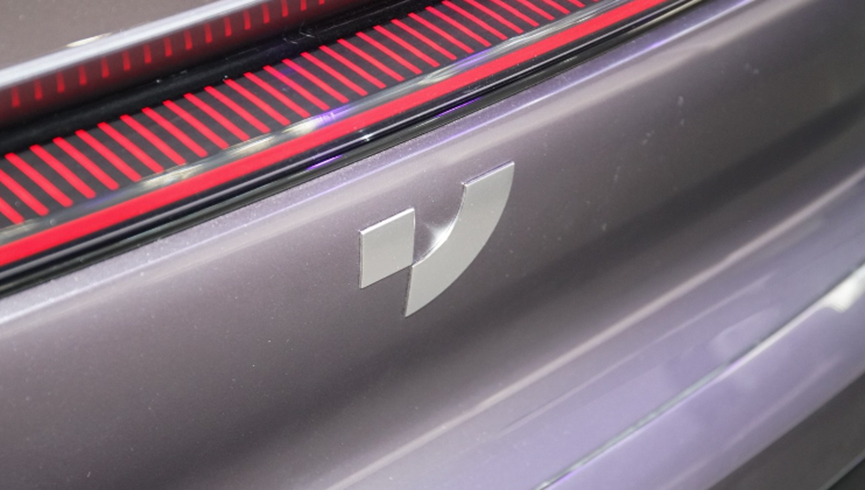
HiPhi, once hailed as the "domestic electric vehicle ceiling," has also failed to secure a white knight. It is now on the path to pre-bankruptcy reorganization. Operational issues began to surface as early as October 2023, with reports of mass layoffs, a six-month production suspension, and employees receiving only basic salaries. HiPhi's founder, Ding Lei, vowed to "strive to save the company," emphasizing the crucial role of capital. Rumors of acquisition by Chang'an, FAW, and other major manufacturers circulated but came to naught. HiPhi's attempt to自救 (self-rescue) through live streaming e-commerce yielded minimal results. In May of this year, the iAuto Group planned to invest over US$1 billion to support HiPhi's reorganization, but the collaboration ultimately fell through. In August, the court decided that HiPhi should enter the pre-bankruptcy reorganization process. Currently, HiPhi has settled funds owed to former employees as stipulated in the agreement. However, an industry insider noted, "Although HiPhi has settled funds with former employees, the company's overall financial situation remains poor, and the road to resuming production is still very long."
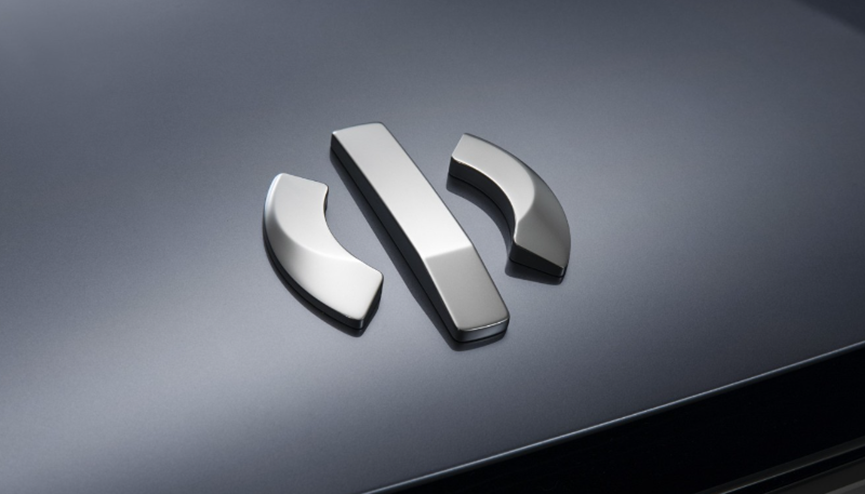
Neta also experienced a tumultuous 2024, beset by negative news such as layoffs, salary cuts, supplier lawsuits for unpaid debts, and CEO changes. These developments indicate that Neta may be following in the footsteps of other now-defunct new energy vehicle startups. Since October, Neta has ceased announcing delivery data, sparking widespread speculation. Some netizens surmised, "Perhaps due to poor sales, they chose not to disclose sales figures."
According to data from the China Passenger Car Association, Neta delivered only 1,500 vehicles in November 2024, a year-on-year decline of 85.1%. To bolster sales, Neta announced on December 6 that Zhang Yong had stepped down as CEO to become a company advisor, with founder and chairman Fang Yunzhou concurrently assuming the CEO role. Fang Yunzhou also issued an internal letter outlining six major reform measures, including pursuing an IPO, aiming for half of sales in China and half abroad within the next 2-3 years, turning overall gross margin positive in 2025, and achieving overall company profitability in 2026. Currently, Neta's factory in Tongxiang has resumed production. Whether Neta can stage a comeback with the Neta L and Neta S Shooting Brake remains to be seen.
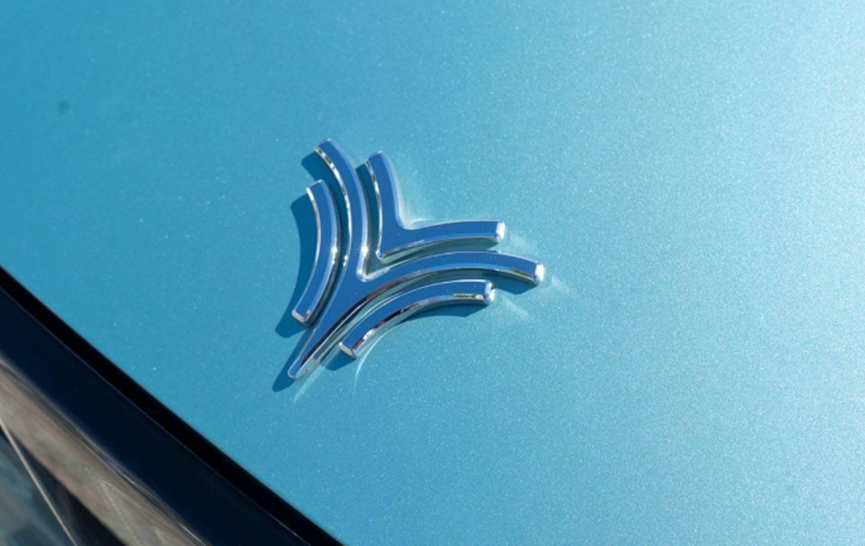
Amidst the current robust momentum of new energy development, Beijing Hyundai's presence has gradually waned, and its market influence has diminished. In 2024, news of Beijing Hyundai's "layoffs, dealer pressures, factory closures," and other issues persisted. Behind these headlines lies a continuous decline in sales. According to third-party data, Beijing Hyundai's annual sales over the past three years were 360,000, 256,000, and 241,000 vehicles, respectively. In the first 11 months of 2024, Beijing Hyundai delivered a cumulative total of 143,000 vehicles. Since 2017, Beijing Hyundai's annual sales have fallen by approximately one million vehicles, marking a return to its starting point after 20 years. In the current boom of new energy vehicles, Beijing Hyundai has adhered to its position in the fuel vehicle market.
Currently, Beijing Hyundai offers only one pure electric model, the IONIQ 5 N, which puts it at a disadvantage in domestic auto market competition. Fortunately, Beijing Hyundai announced plans to accelerate its electrification transformation in 2025, with the launch of a new pure electric product. By 2026, Beijing Hyundai will also introduce three new energy vehicle models, including extended-range vehicles. On December 11, Beijing Hyundai announced that it had received an injection of approximately RMB 7.96 billion from BAIC and Hyundai. Despite having to start anew after 20 years, the joint injection of RMB 7.96 billion from Hyundai and BAIC gives Beijing Hyundai the confidence to mount a comeback. However, the ultimate outcome will hinge on the competitiveness of its new products in the market.
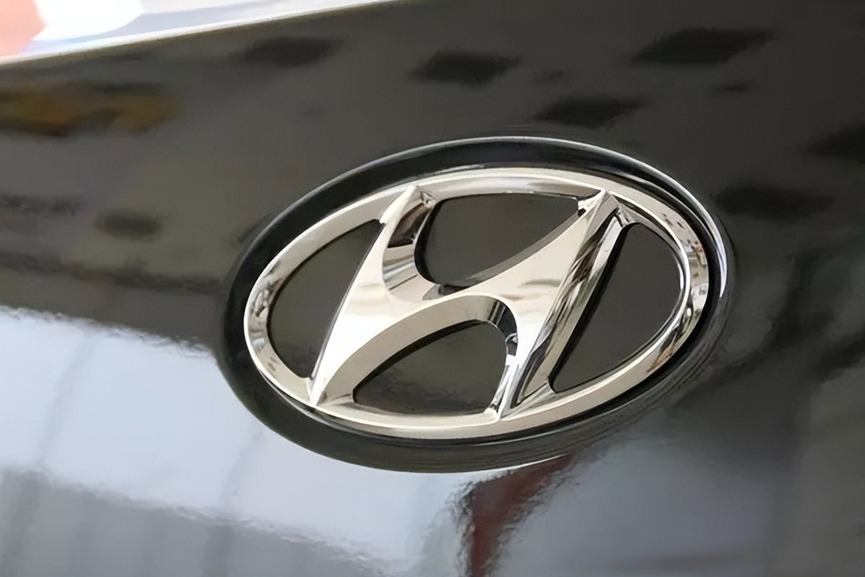
Hozon Auto's 2024 was equally tumultuous, marked by revelations of "forcing employees to sell cars, salary cuts, layoffs, equity freezes, and the dissolution of its Shanghai branch." The official website lists five models currently on sale: V09, A06, 007, Z03, and 06 PLUS. Despite its product diversity, sales performance has been sluggish. On the brink of delisting, Hozon Auto failed to release sales data for October and November. However, it is known that in the first nine months, Hozon delivered a cumulative total of 4,488 vehicles, a year-on-year decline of 70%. Weak product strength and unclear brand positioning have contributed to Hozon Auto's low market presence. When news of the dissolution of its Shanghai branch emerged, multiple Hozon employees complained that the company's promised N+1 compensation had not been paid on time. In this state, the realization of its reorganization goals remains uncertain.
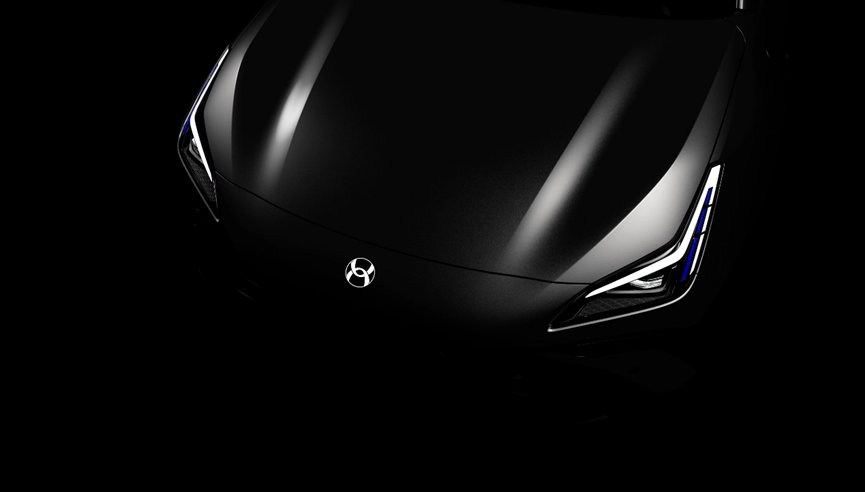
As a high-end new energy brand heavily invested in by Dayun Group, Evergrande Auto also succumbed to the relentless market pressures in 2024. In October 2024, Evergrande Auto faced allegations of personnel loss, delayed salary payments, suspended sales outlets, and forced leave. The official response was that the company was undergoing strategic adjustment and transitional reorganization, with operations expected to resume post-adjustment. It emphasized that, backed by Dayun Group, Evergrande Auto would not collapse easily. Third-party data shows that in the first ten months of 2024, Evergrande Auto's two main products, the Evergrande Y6 and Evergrande H8, sold 4,250 and 2,098 vehicles, respectively. Since its inception, Evergrande Auto has struggled to gain traction in the mainstream market, and its weak product strength presents a worrying outlook. With domestic auto market competition intensifying, it remains uncertain whether Evergrande Auto can achieve its desired "voyage."
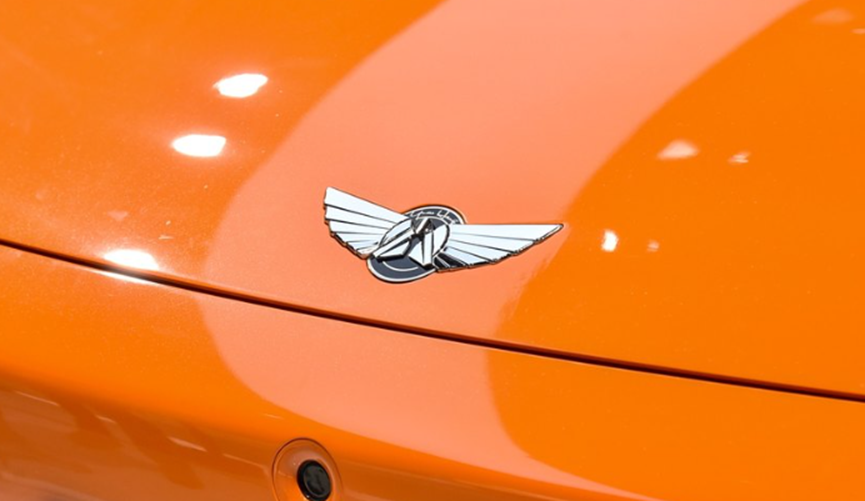
As this article concludes, a wave of price cuts looms on the horizon. Statistics reveal that over 30 automakers or brands have joined this price war, which intensified at the beginning of 2025. It is anticipated that China's auto market will descend into even more brutal competition in 2025, with the intensity and scope of the elimination round further escalating. In this process, more automotive brands will face significant challenges.
(Images sourced from the internet. Please remove if infringement occurs)



